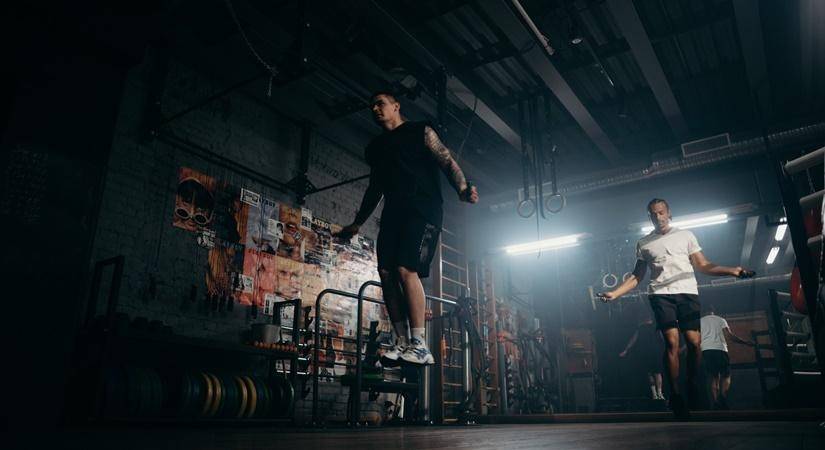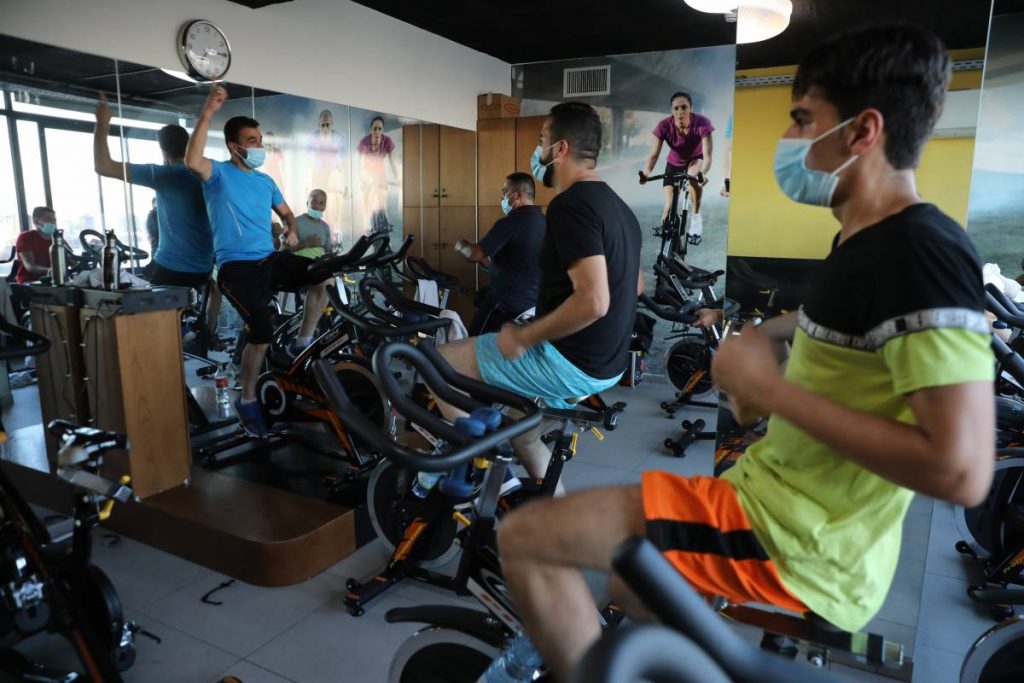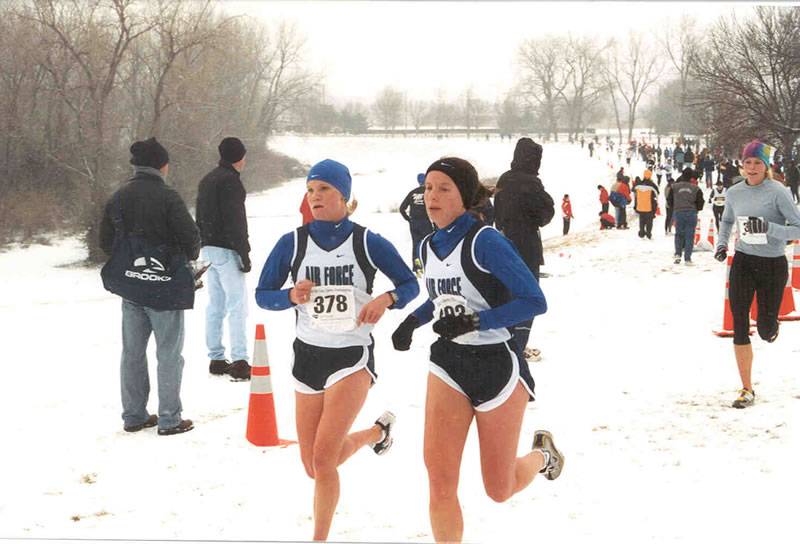Harsh and overly critical comments from coaches or family and friends can undermine one’s confidence and add to anxiety…writes Preeti Parakh.
Sportsmen and women always need high energy and fitness.”I feel so nervous before competitions that I mess up. My heart starts racing. My tummy feels weird. My hands become sweaty and cold. My mouth becomes dry and I kind of choke,” if this feels familiar you’re not alone.
Most sportspersons experience performance anxiety or stress at some point in their careers. While many learn to cope with it, for some it is too debilitating and may lead to other mental health problems, as well as premature retirement from competitive sports.
What causes performance anxiety in sports?
There are many theories to explain what causes performance anxiety, but some of the common factors are as follows:
* Awareness of being observed by an audience, which might be constantly evaluating one’s performance can lead to a fear of failure.
* Fear of letting down others can lead to anxiety. It is especially applicable for team sports where one becomes fearful of disappointing one’s teammates by poor play.
* Equating self-esteem with one’s performance can cause low self-confidence when things are not going well.
* Having very high expectations from oneself makes people overly critical of their performance. One needs to accept that even the best sportspersons cannot perform at the same level every day. What matters is giving one’s best.
* Harsh and overly critical comments from coaches or family and friends can undermine one’s confidence and add to anxiety.
What can be done to counter performance stress?
To overcome performance stress, a player needs to understand why worries and self-defeating thoughts develop, and then try to replace these thoughts with positive and motivating thoughts. Some difficult questions need to be asked.
* Are you afraid of disappointing others?
* Do you feel you are likeable only when you are playing well? What do you really think about your skill in the game?
* Do you have realistic expectations from yourself?
The answers should be analysed and discussed so that alternative points of view can also be considered. A mental health professional can help with the process. In addition, there are some strategies that can be used to counter the symptoms of performance anxiety.
Before the game:
* Practise as much as you can. It adds to your confidence. When confidence is high, you tend to worry less.
* Prepare for the game both physically and mentally. Make sure that you are at the venue in time to warm up and get comfortable.
* Ask your family and friends to be at the venue if you want them there to support you.
* Recognise that some anxiety is normal. Accept it but do not allow it to snowball.
* Visualise yourself playing well in different scenarios. Take deep breaths, close your eyes and imagine yourself doing everything right.
* Practise relaxation exercises like deep breathing, meditation etc. regularly so that you become proficient in these techniques and can use these whenever needed.

The day of the game
* Accept that it is normal to be anxious before the game. Everybody experiences it.
* Don’t focus on what can go wrong. Shift the focus from yourself to the people around you. Imagine the audience cheering you and enjoying themselves.
* Imagine a practice day. Visualise yourself playing a practice game with a friend and having fun.
* Play like you don’t care about the outcome, but are just playing because you love the game.
* Do relaxation exercises like deep breathing
* Smile. It immediately relaxes you.

After the game
* Analyse your performance and appreciate the things you did well. Acknowledge the things that went wrong and think about what can be done to prevent it the next time.
* Ensure that your training programme includes situations that mimic conditions that you will face in competition.
* Do not hesitate to seek help from mental health professionals if things are beyond your control. A number of medicines are also available that can control anxiety. Cognitive Behaviour Therapy is also quite effective. But do consult a mental health professional before choosing any medication or therapy.
Above all, never forget that you became a player because you enjoyed the game. Whether you win or lose, the fun should not go out of the game.
ALSO READ-‘Fitness is a balance of mind’











